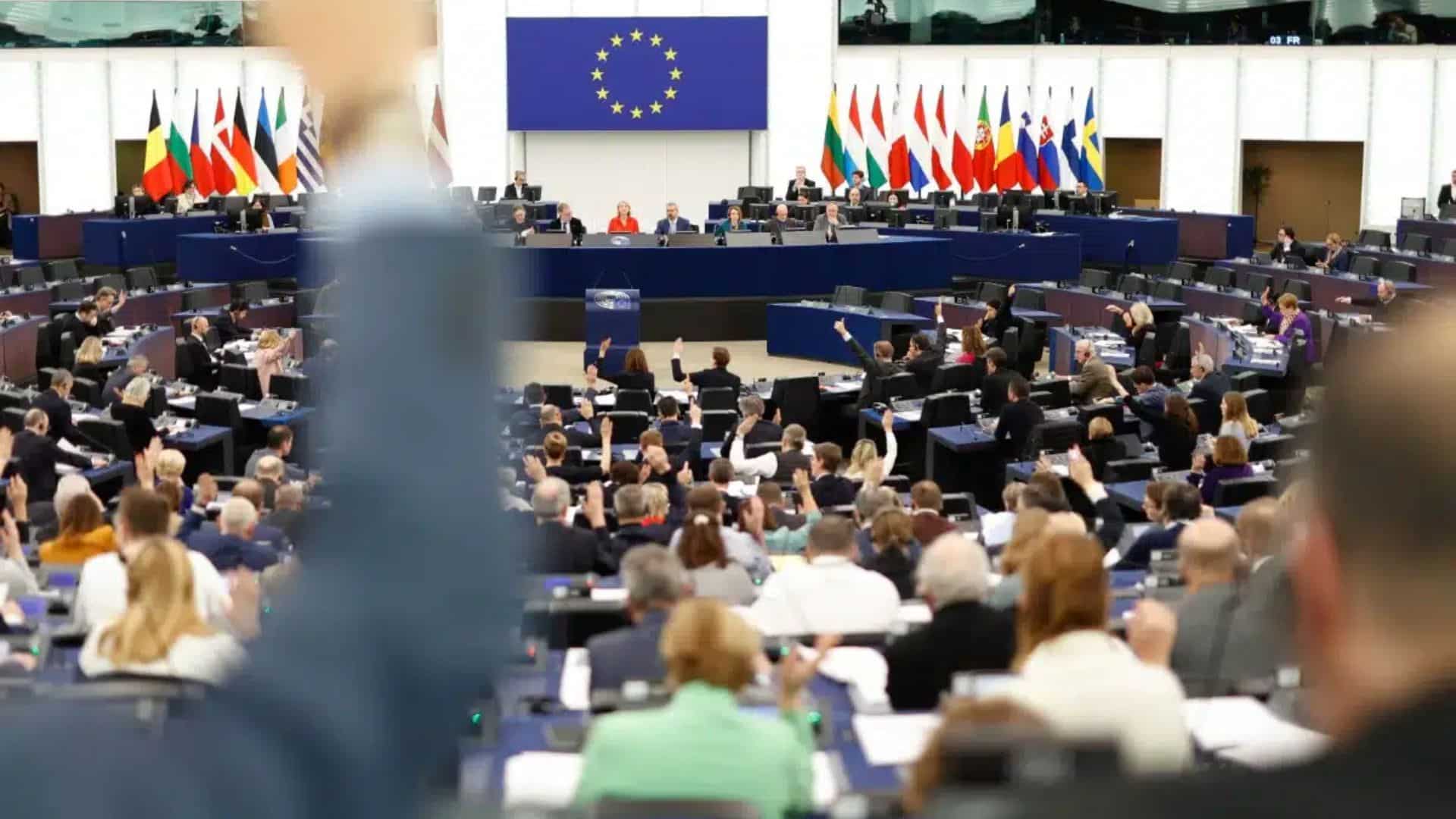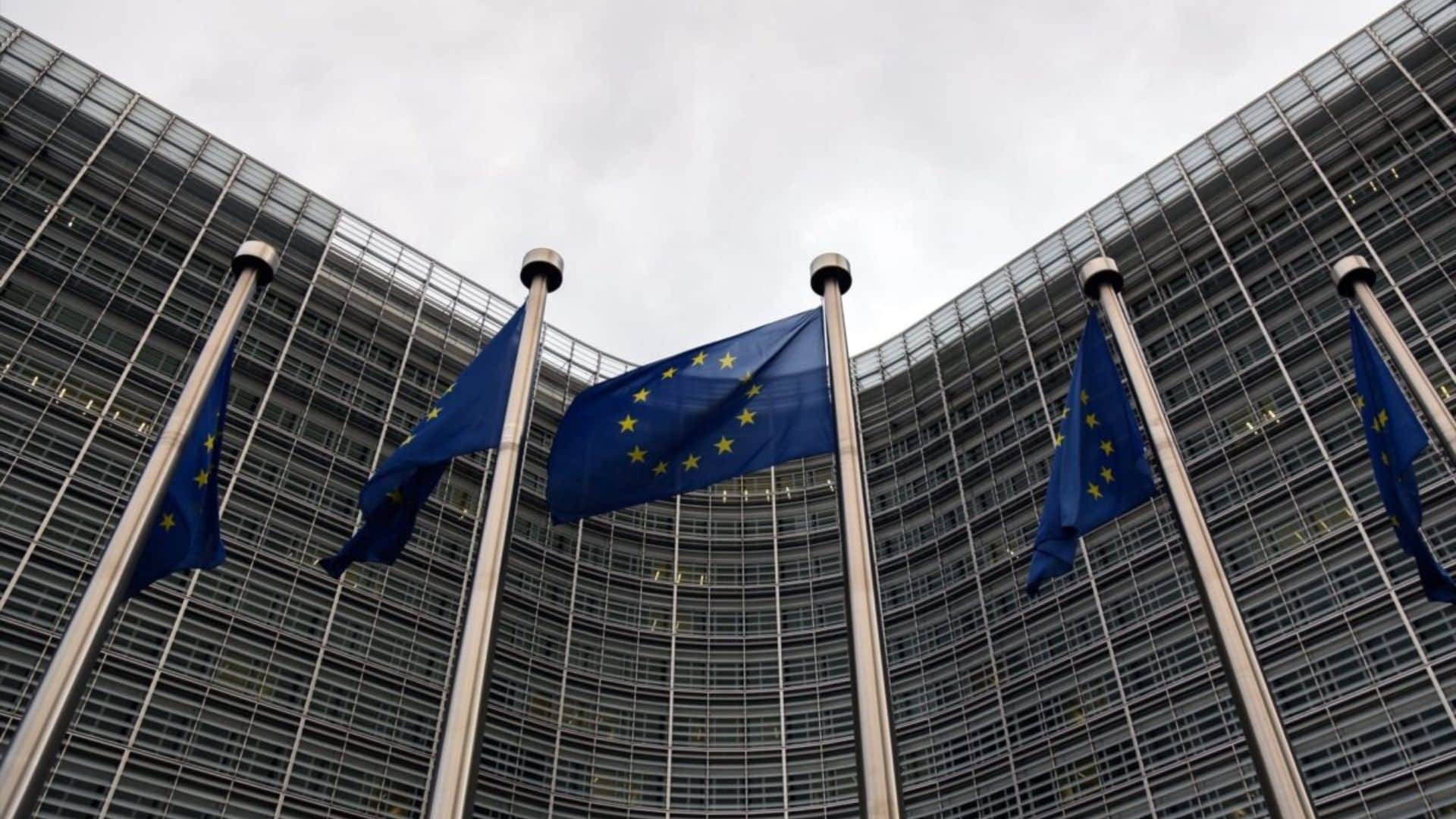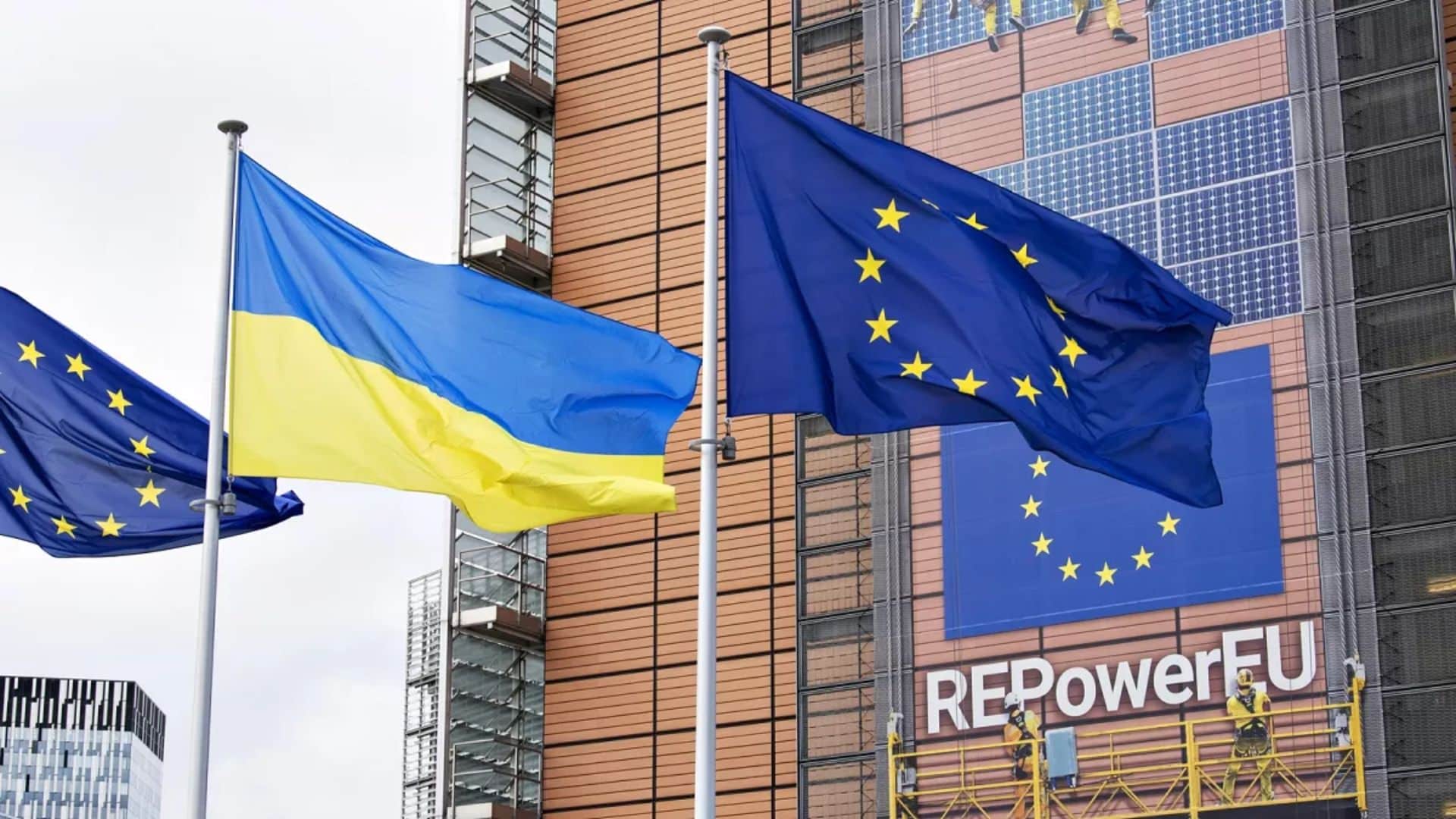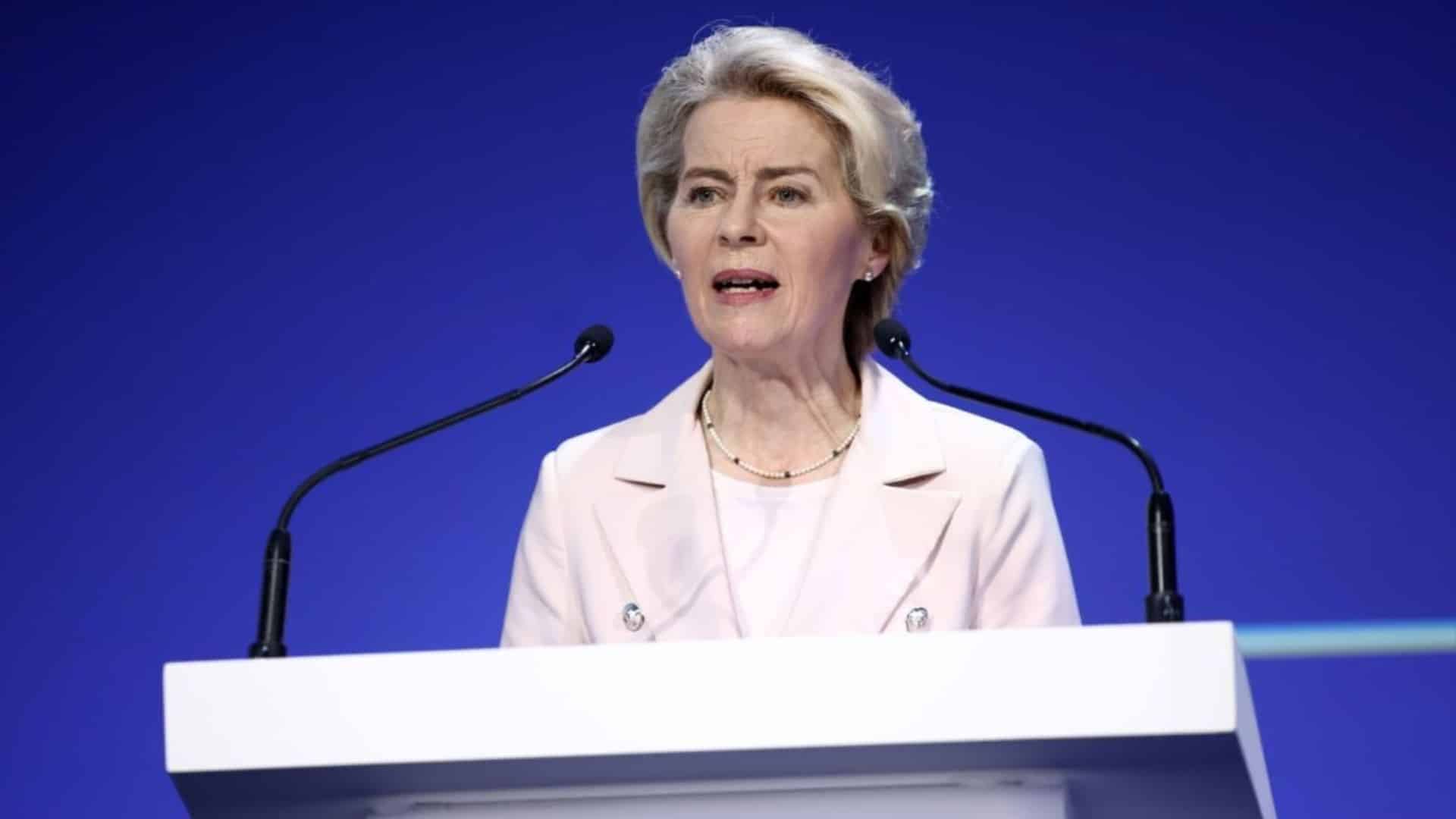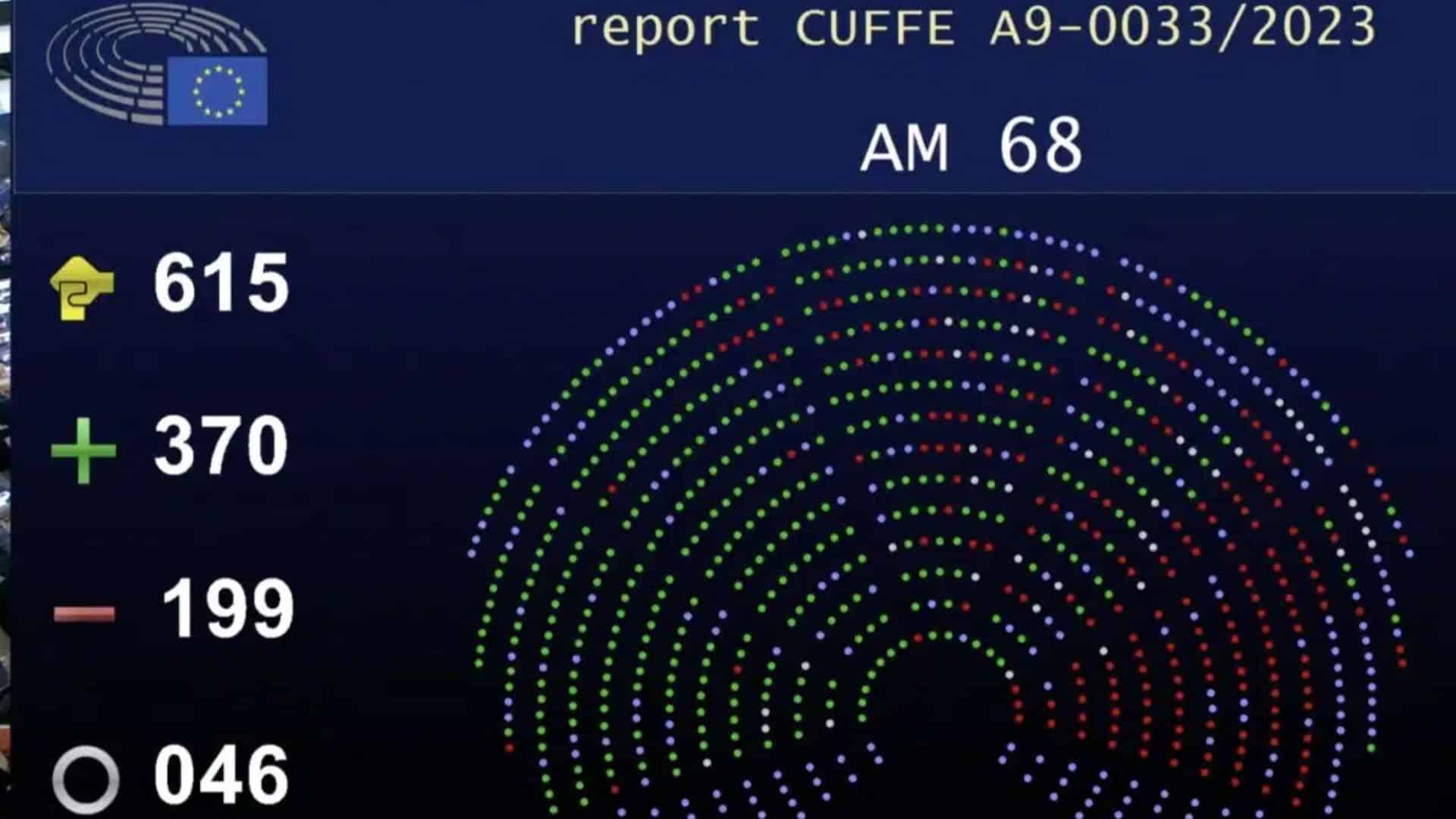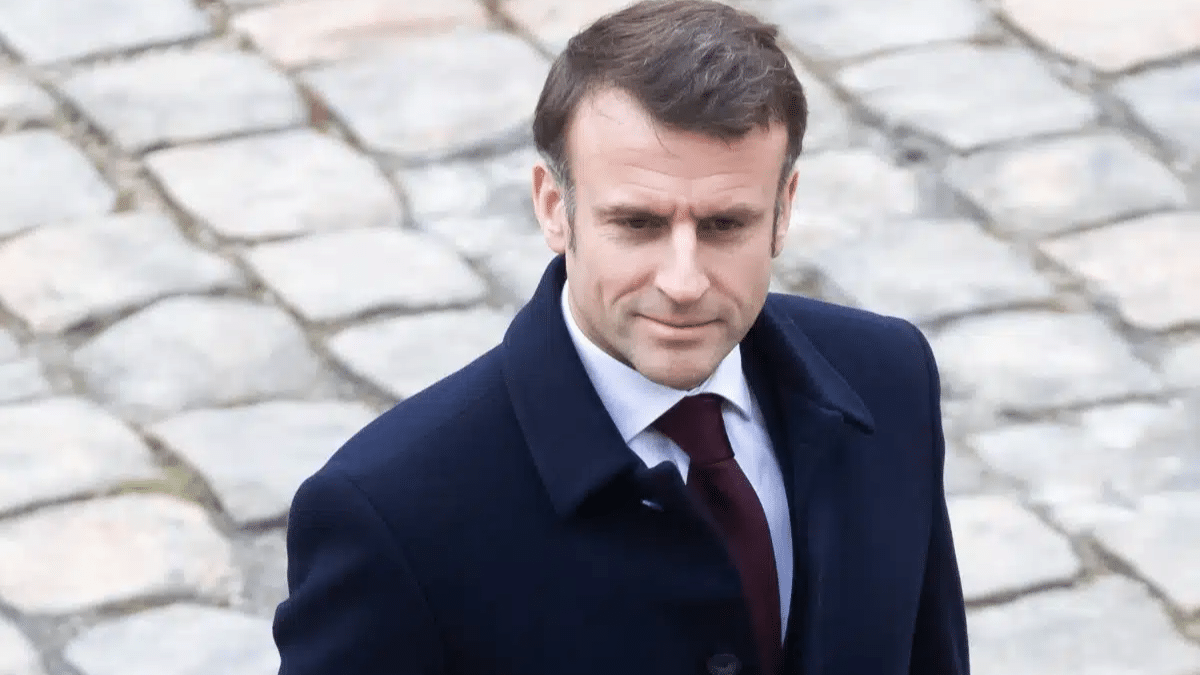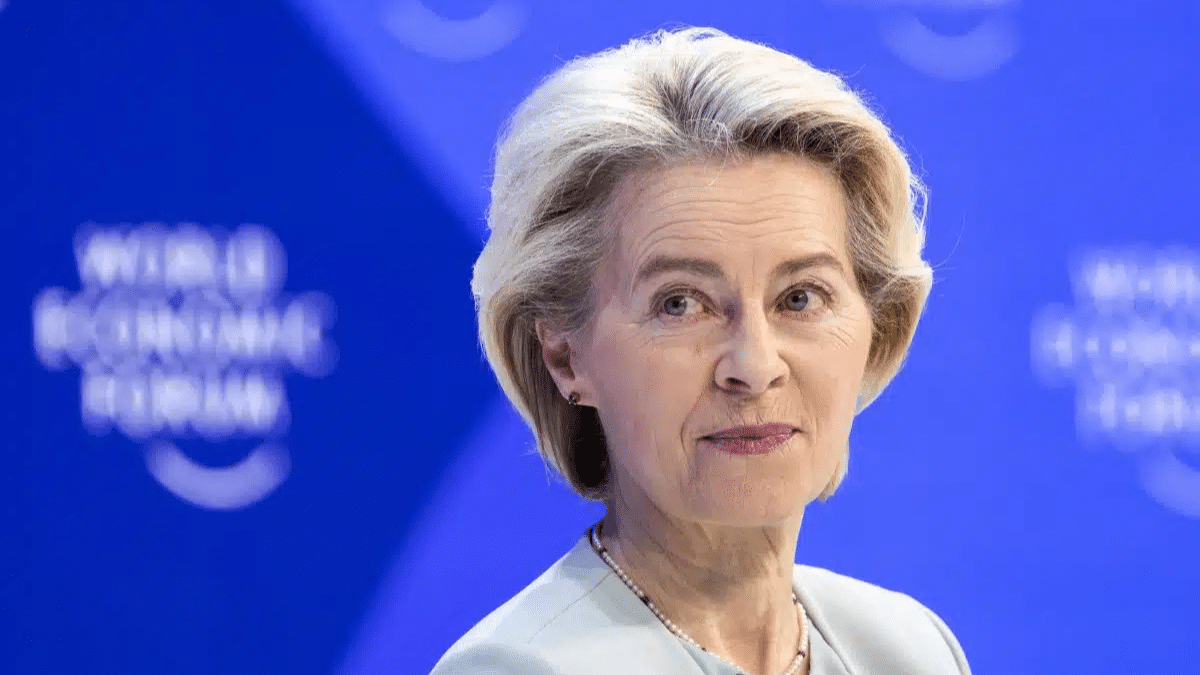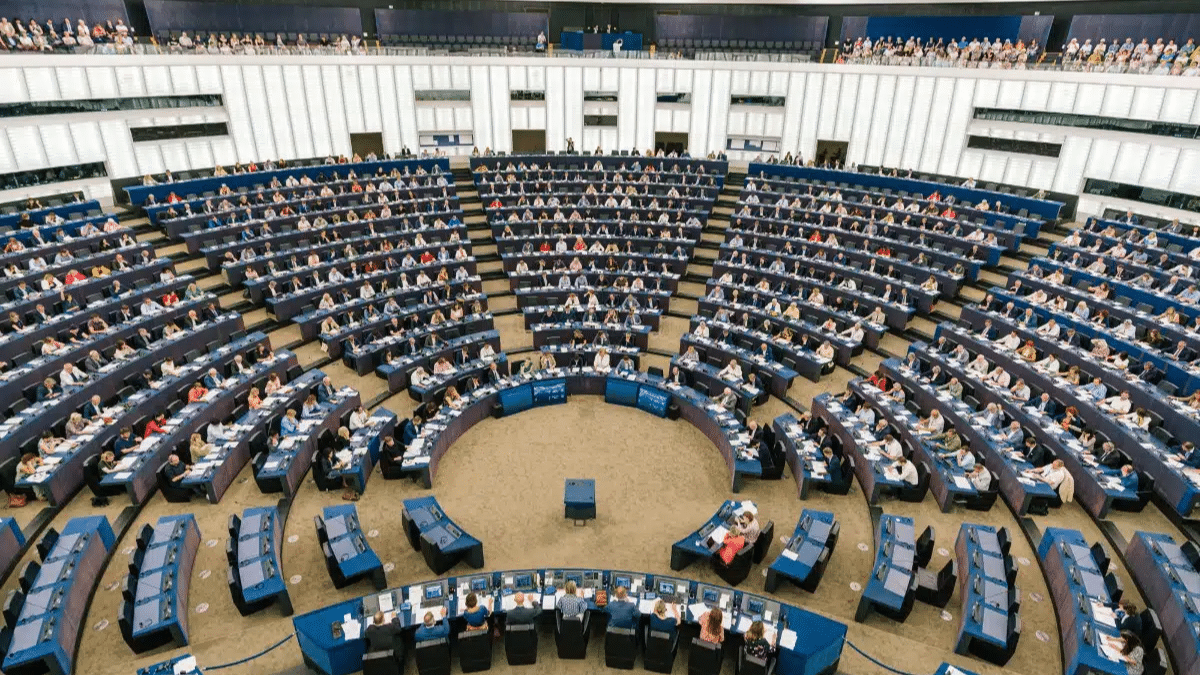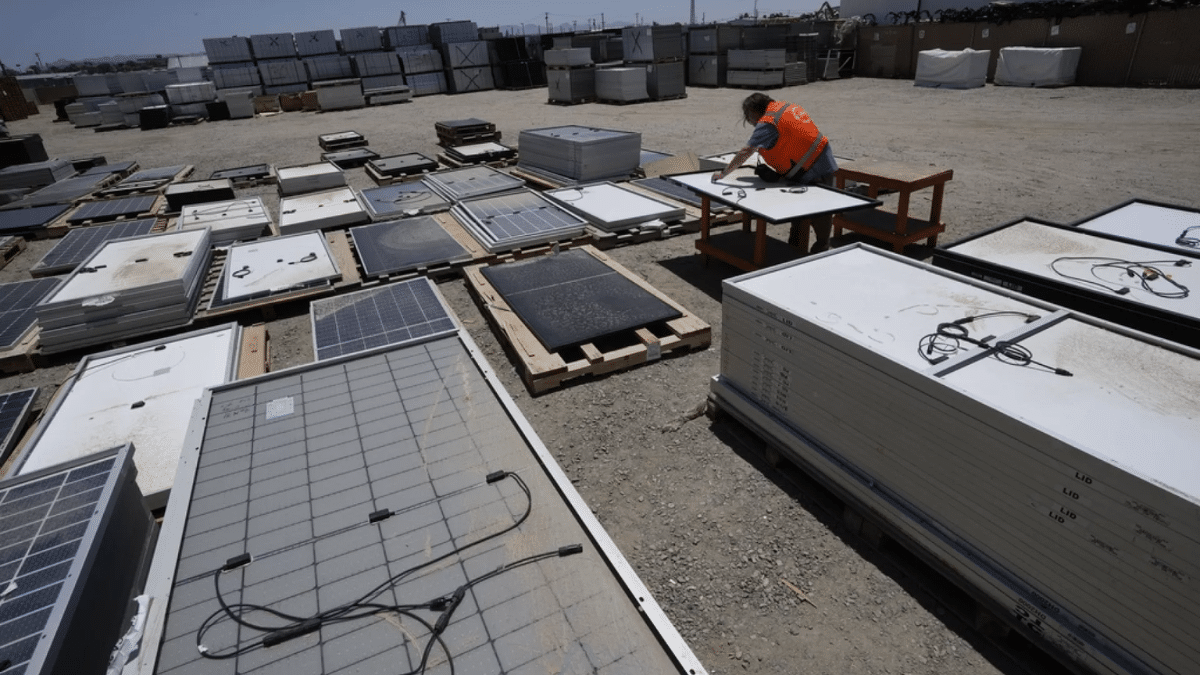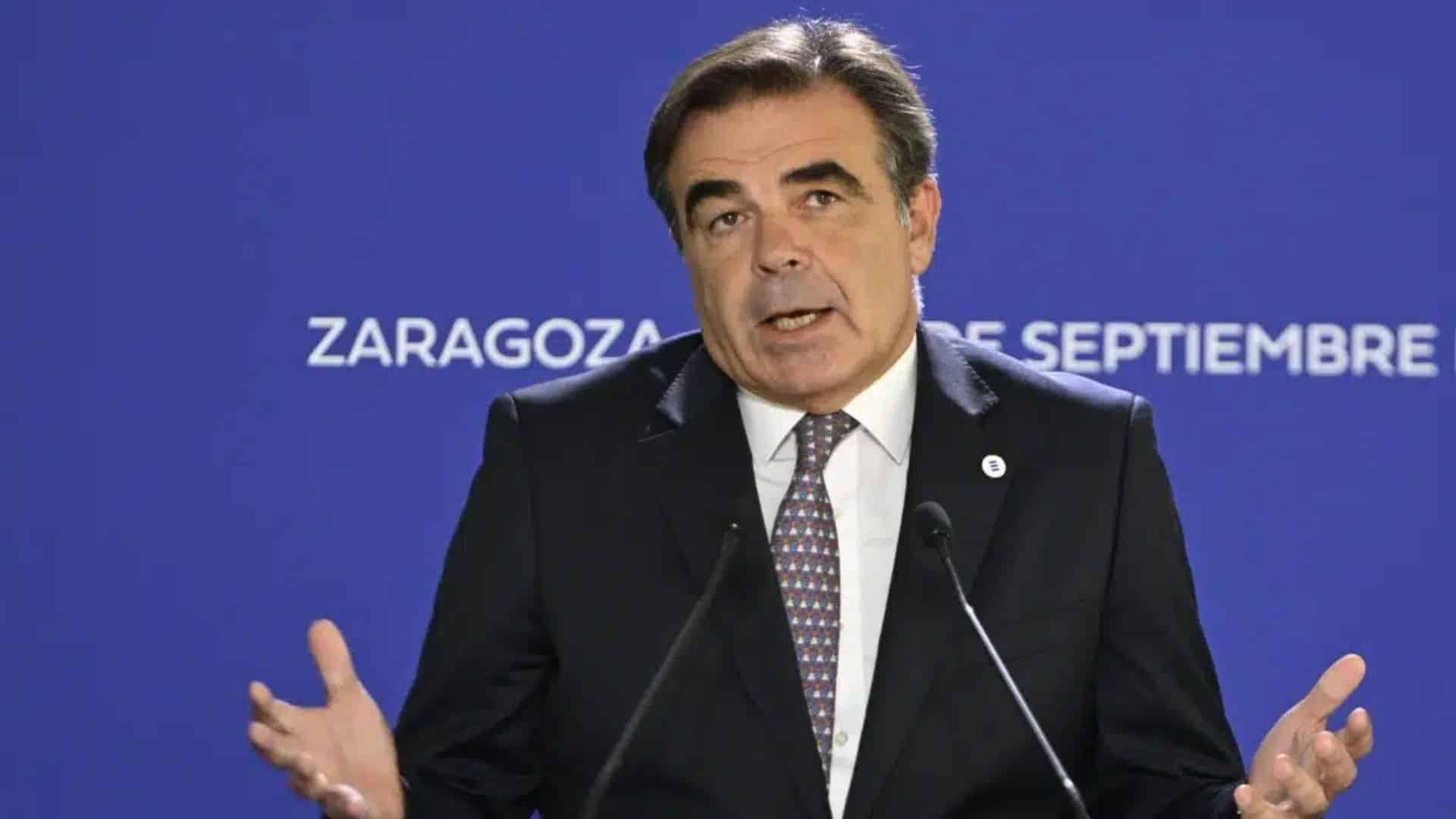
European Commission asks Parliament to investigate Catalan pro-independence supporters’ connections to Russia
The Vice-President of the European Commission, Margaritis Schinas, said Tuesday that the European Parliament should investigate the links of Catalan independence with the Kremlin, after pointing out the growing Russian interference to destabilise European democracy.
“It is the duty of this House to investigate who did what, under what conditions to play Moscow’s game,” he said during a debate in the European Parliament on Russian interference in democratic processes in Europe, accompanied by a resolution to be voted on Thursday.
Mr Schinas made specific mention of Catalan secessionist ties with Russian officials, echoing reports of “close and regular contacts”, including visits by officials between 2017 and 2020.
In this way, the Greek commissioner has pointed to the case of the former president of the Generalitat, Carles Puigdemont, after the extension of the investigation of the court case that suggests that his entourage established links with Russian ex-diplomats in the context of the independence struggle in 2017.
The EU Vice-President added this case to that of Latvian MEP Tatjana Zdanoka, who is accused of collaborating for two decades with the Russian Federal Security Service (FSB). This case has been the subject of debate in Strasbourg following revelations in a journalistic investigation that she worked for Russian intelligence.
During the debate Zdanoka herself took the floor and rejected the accusations, saying she was “an agent for peace, against fascism and for a united Europe”.
Several Spanish MEPs also took the floor in Strasbourg, mentioning the alleged links between Catalan separatism and Russia, and attacking the government of Pedro Sánchez for wanting to grant amnesty for these possible crimes of Moscow’s interference in Europe.
On the part of VOX, Hermann Tertsch, has stressed that it is coming to light that Putin participated in the “coup d’état” in Spain, in relation to the pro-independence process, regretting that now Puigdemont is “a protégé” of the head of government. “He needs him to stay in power illegally,” he said, asserting that the Catalan leader’s “impunity” shows Europe’s vulnerability.
In the case of Ciudadanos, whose representative Adrian Vázquez addressed Puigdemont, who was not in the room, to point out that the whole Russian plot of the procés will end up being known and “collaborating with the Russian regime from your seat will not be free”. At this point, he called on the European Socialists to support the resolution on Russian interference and “not to allow themselves to be pressured by the Socialist MEPs”.
Meanwhile, Maite Pagazaurtundúa singled out Sánchez for “engineering an amnesty law as a gigantic operation of impunity and contempt for judicial independence”, without taking into account the collaboration with Russian interference.
The PP spokeswoman, Dolors Montserrat, has charged directly against Sánchez’s government for promoting the amnesty and allowing the pro-independence movement to “slander and slander judges”.
“We have gone from Putin’s emissaries with Puigdemont in Spain to clandestine meetings with the fugitive outside the EU. The fugitive begins with the support of the Kremlin and ends up with the support of the government to demolish the foundations of democracy”, he criticised, demanding an in-depth investigation of the “Russosphere”, which he said is “public enemy number one in Europe”.
In response to the attacks on the Spanish government, Socialist MEP Juan Fernando López Aguilar has accused Spanish right-wing groups of having “diverted attention from an important issue” such as Russian disinformation practices in order to “malign” the Sánchez government.
Meanwhile, Junts MEP and former minister Antoni Comín has rejected all the accusations that he describes as “false” about Russian influence in Catalonia, pointing out that Catalan independence “is not anti-European”, “nor does it have ties with Russia”. In this sense, he responded that European democracy is eroded by the use of “defamation and lies” against political rivals and assured that the independence movement is facing judicial persecution.
In the resolution to be voted on by Parliament, the European People’s Party (EPP-ED) motion notes “extreme concern” about the relations between Catalan secessionism and the Kremlin, insisting that the interference in Catalonia is part of a wider strategy to destabilise Europe and calls on the competent authorities in Spain to “continue, intensify and rapidly conclude” the investigations into Russian interference linked to Catalonia.
For the Liberals, a group that includes Ciudadanos, the text calls for Puigdemont’s ties with the Kremlin to be brought before the Advisory Council of the European Parliament’s code of conduct and for Spain to “effectively” investigate the connections between MEPs and Moscow, calling for the application of legislation against illegal relations with third country governments.
The Liberals insist on the “seriousness” of the links between Russia and Catalan secessionist parties and stress that “close and regular” contacts of Russian officials with pro-independence representatives are part of the Kremlin’s strategy to manipulate and destabilise Europe.

